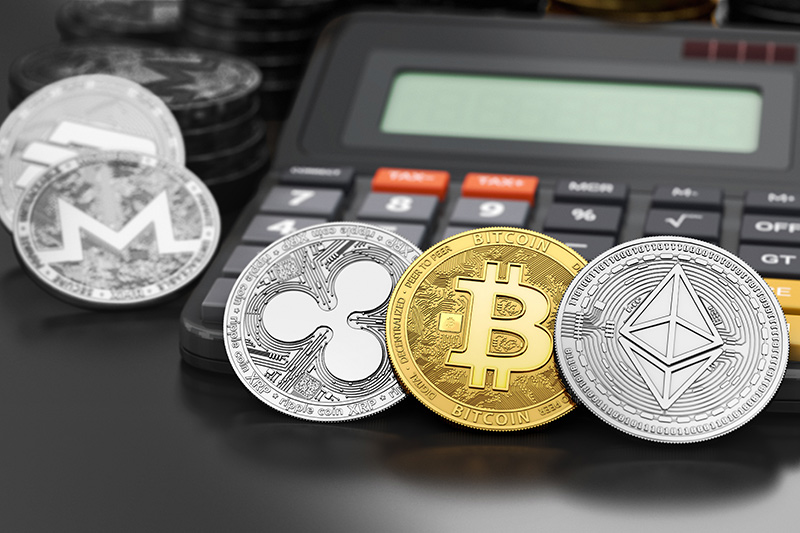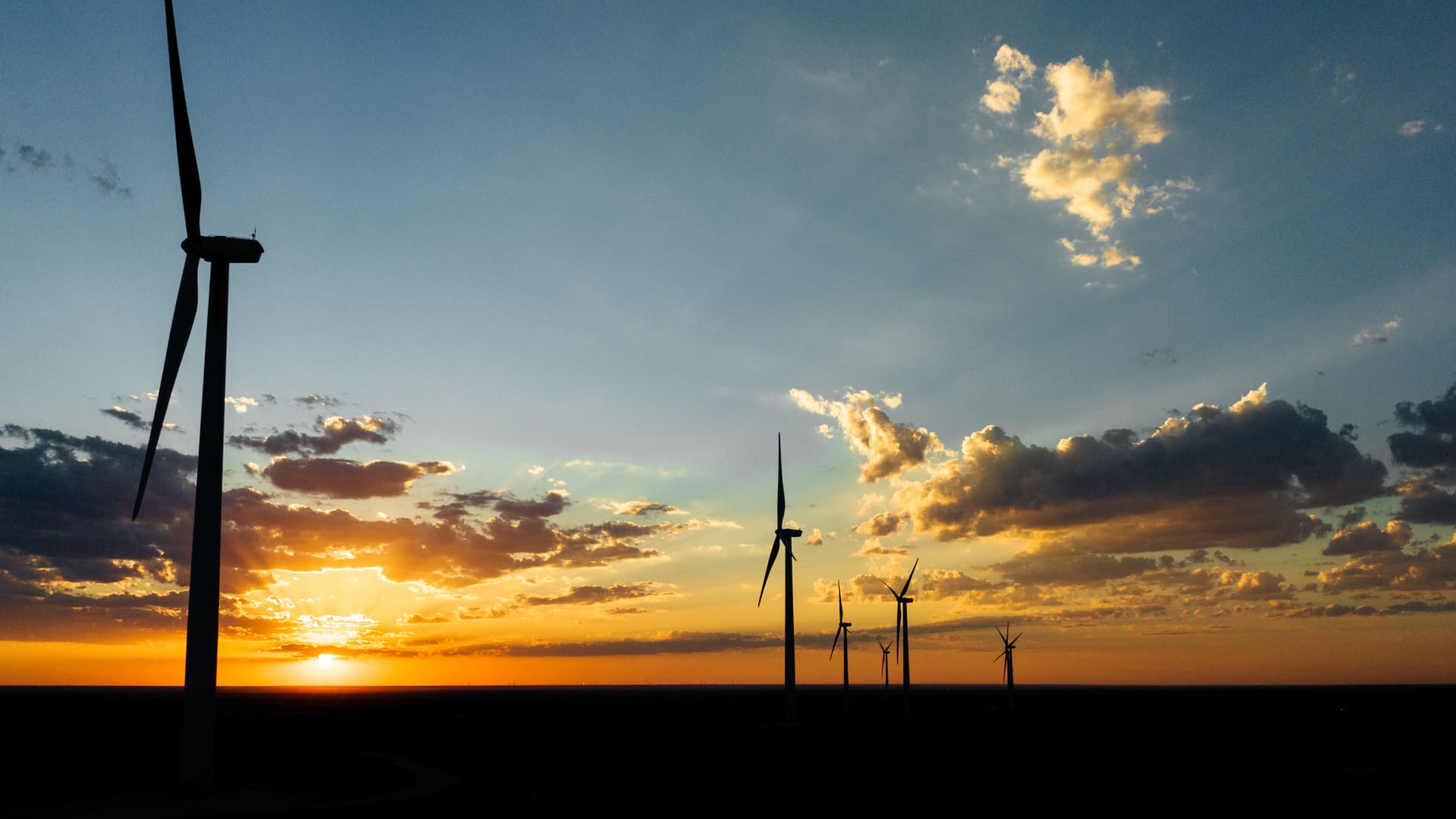The eurozone economy stagnated late last year as a persistent energy crisis caused a loss of competitiveness in some European industries and consumers reined in spending to deal with high living costs, Europe's statistics agency reported Tuesday. .
But economists believe the worst may be over, as the European Central Bank continues its campaign to eradicate inflation without plunging the eurozone economy into a deep recession.
Economic output in the 20 countries that use the euro grew at zero percent in the last three months of 2023 compared to the previous quarter, after contracting in the third quarter, narrowly avoiding a recession. Compared to a year ago, the eurozone grew by just 0.1 percent.
The anemic pace keeps Europe far behind the United States, where the economy, although slowing after a breakneck pace of growth, remains driven by consumer spending. The Federal Reserve's aggressive interest rate increases have caused inflation to slow, and the Fed is expected to begin tapering those increases soon.
“The gap in economic activity between the United States and the eurozone is widening significantly at the moment,” said Bert Colijn, chief eurozone economist at ING Bank. “Part of this is structural, as the eurozone faces a loss of competitiveness due to structural changes in the economic environment since the war in Ukraine and the energy crisis.”
In Europe, companies have been forced to raise wages over the past year to help workers and consumers keep up with high costs. This has added to the challenges faced by ECB policymakers, who, like the Federal Reserve, had raised interest rates to curb rising prices before recently pausing their campaign.
In recent months, inflation has fallen rapidly from the record highs of a year ago, although still not enough to completely negate the pain felt by households and manufacturers. Still, the euro zone economy has not fallen off a cliff and there are signs that the ECB's campaign is beginning to pave the way for a modest recovery this year, economists said.
“While growth prospects for this year are more positive, output is coming off a low base and the rebound will be gradual,” said Rory Fennessy, European economist at Oxford Economics in London. Still, he added, “we anticipate headwinds in Europe will fade to support a growth recovery through 2024.”
Europe's biggest problem right now is Germany. Long Europe's powerhouse, its manufacturing-intensive economy has slumped amid industrial rivalries with China and the scourge of high energy costs. The German economy contracted 0.3 percent in the fourth quarter, after stagnating in the previous two quarters.
Germany's economy remains stuck in “the dark zone between recession and stagnation,” said Carsten Brzeski, global head of macroeconomics at ING.
France, the bloc's second-largest economy, failed to expand in the fourth quarter amid falling consumption and a slowdown in investment.
However, growth has been strongest in major countries on Europe's southern edge, including Spain and Portugal, revealing a European economy that increasingly appears to operate at two speeds. Spain's economy grew 0.6 percent from October to December, boosted by a tourism boom, while Portugal's expanded 0.8 percent.








